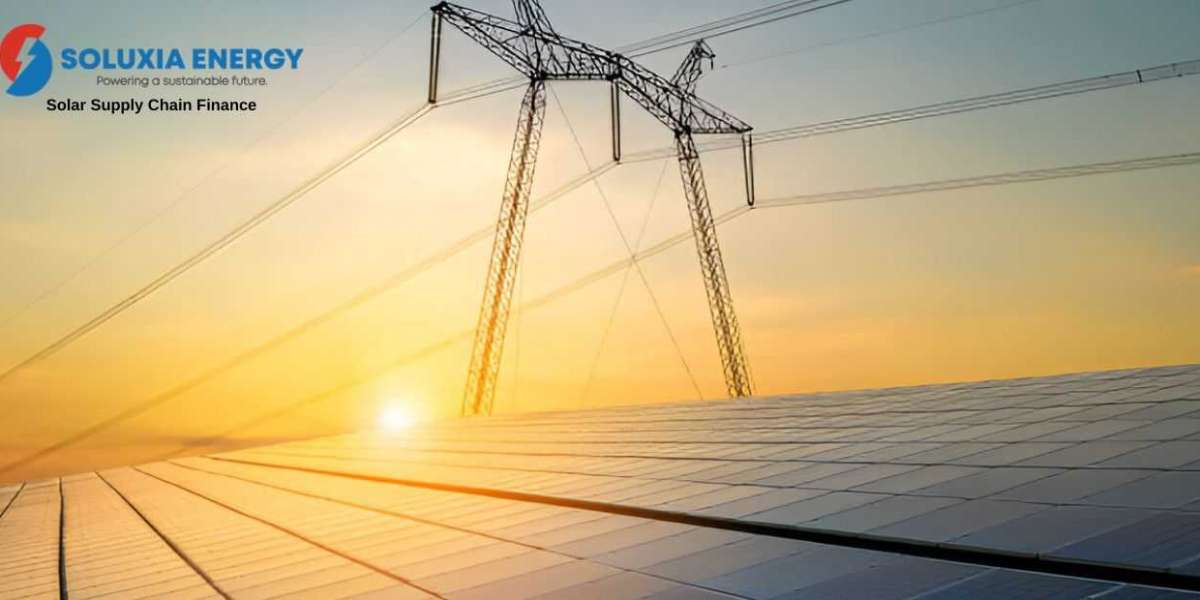The transition to renewable energy is accelerating globally, and solar power stands at the forefront of this movement. However, the growth of the solar industry hinges not only on technological advancements but also on robust financial frameworks that support every link in the supply chain. Enter solar supply chain finance, a pivotal mechanism ensuring the seamless flow of capital from manufacturers to end-users.
? Understanding Solar Supply Chain Finance
Solar supply chain finance refers to the financial solutions designed to optimize cash flow within the solar industry's supply chain. By facilitating timely payments to suppliers and providing buyers with extended payment terms, this financial model ensures liquidity and stability across the board. Such mechanisms are crucial for the solar sector, where projects often involve significant upfront costs and extended payback periods.
? The Importance of Expanding Solar Supply Chain Finance
Expanding solar supply chain finance is vital for several reasons:
Enhanced Liquidity: Ensures that manufacturers and suppliers have the necessary funds to maintain operations and invest in innovation.
Risk Mitigation: Reduces the financial risks associated with delayed payments and project uncertainties.
Accelerated Growth: Facilitates the rapid deployment of solar projects by ensuring that all stakeholders have access to the required capital.
For instance, initiatives like the expansion of solar supply chain finance programs for PV module manufacturers have been instrumental in supporting both short-term and long-term production requirements .
? Global Trends and Developments
The global push towards renewable energy has led to significant developments in solar supply chain finance:
Public-Private Partnerships (PPPs): Governments and private entities collaborate to provide financial incentives, such as tax c
redits and loan guarantees, to bolster the solar industry .Green Bonds: These are debt securities issued to finance environmentally friendly projects, including solar energy initiatives, attracting investors keen on sustainable ventures.Technological Integration: Platforms are emerging that leverage technology to streamline financing processes, making it easier for stakeholders to access and manage funds.
?? The Pakistani Perspective
In Pakistan, the solar industry is gaining momentum, driven by the need for sustainable and reliable energy sources. However, challenges such as limited access to financing and high initial costs hinder rapid adoption. By embracing solar supply chain finance, Pakistan can:
Support Local Manufacturers: Providing them with the necessary capital to scale operations and meet growing demand.
Encourage Investment: Creating a conducive environment for both local and foreign investors to fund solar projects.
Promote Energy Independence: Reducing reliance on imported fuels and enhancing national energy security.
✅ Conclusion
The expansion of solar supply chain finance is not just a financial strategy; it's a catalyst for sustainable growth in the solar industry. By ensuring that every stakeholder, from manufacturers to end-users, has access to the necessary capital, we pave the way for a brighter, greener future. As the world moves towards renewable energy, embracing innovative financial solutions will be key to unlocking the full potential of solar power.






